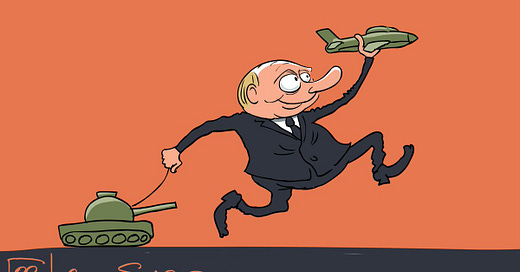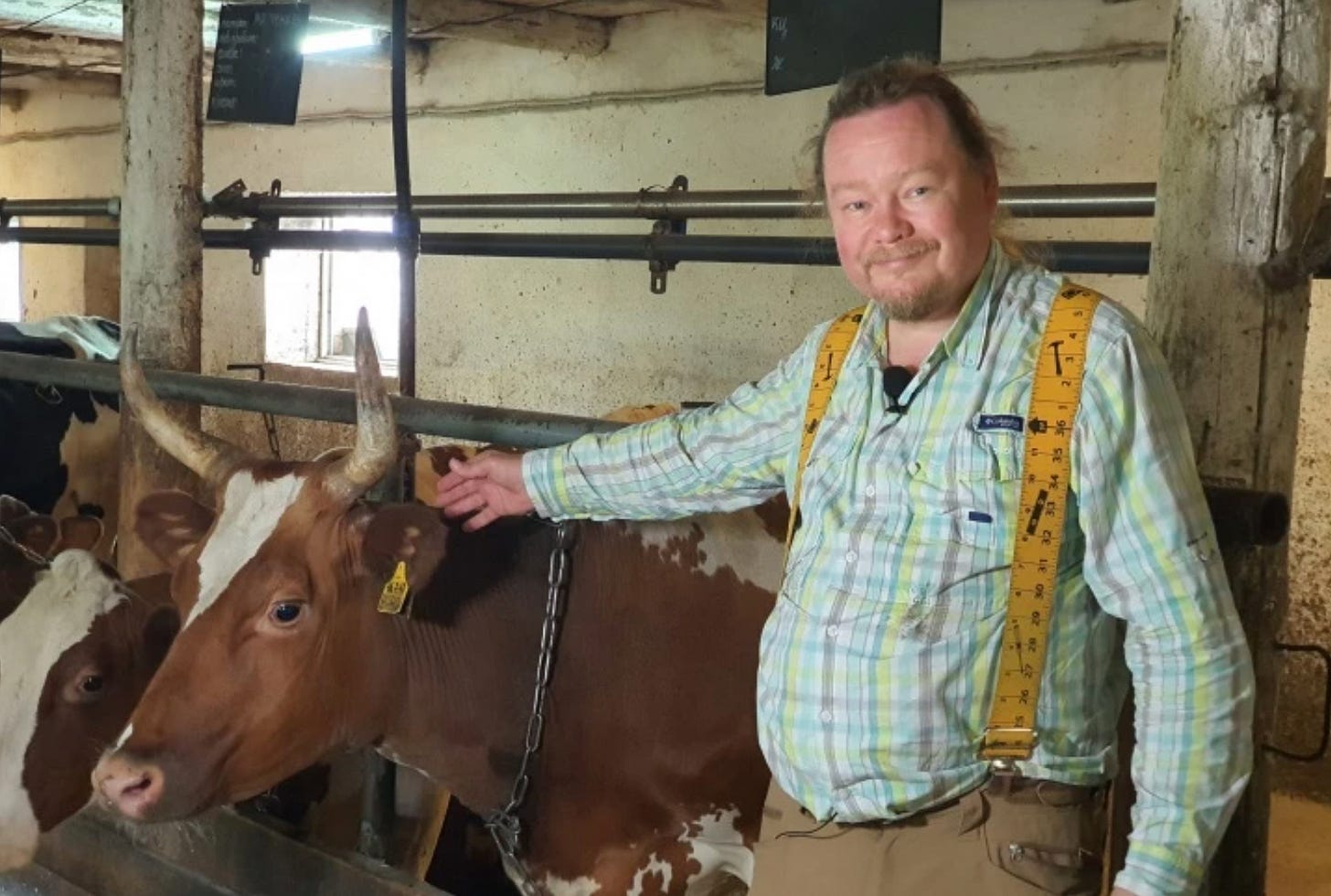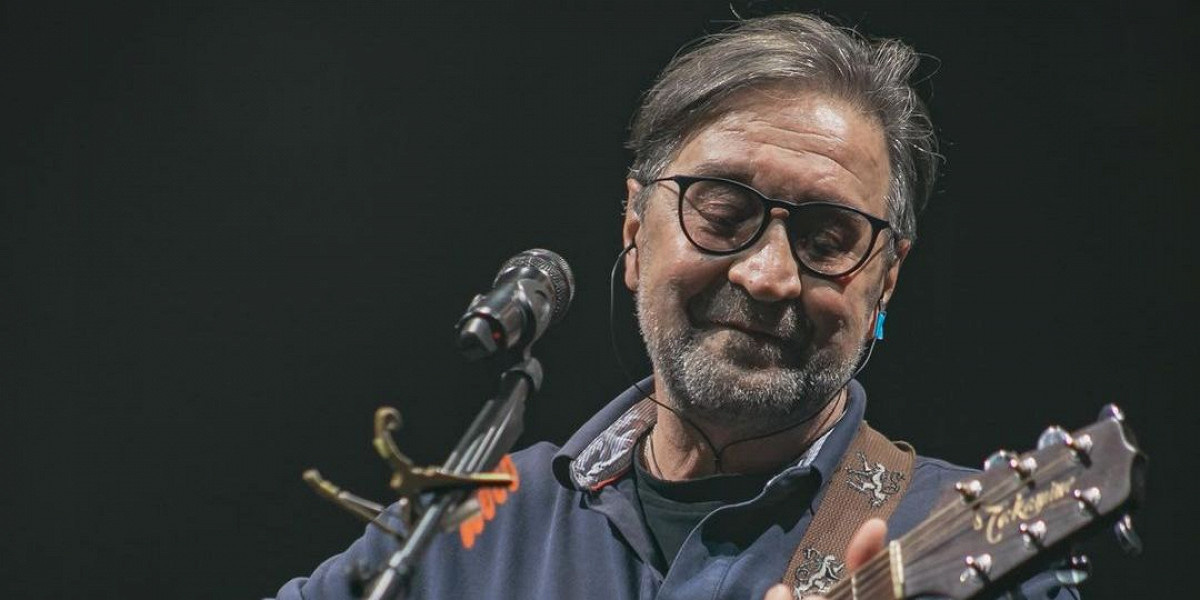May 10, 2022
The well-known Putin
Just … occupation
No gas transit
Ready to chat
Word and deed
Oops…
Import dependence
Rock ’n’ roll is for peace
The confirmation of the well-known
Vladimir Putin has confirmed his reputation as a politician who does not do what everyone expects him to do.
On the eve of May 9, Victory Day, there was much talk that lacking any occasion to declare a victory he might announce the beginning of a new phase of the war in Ukraine by signing a decision on general mobilization. The Russian army is increasingly faced with the problem of insufficient numbers to conduct an offensive operation, even on a limited scale, and mobilization is the only way to solve this problem.1
For me, Putin’s refusal to take this step is understandable. According to Russian law, general mobilization is possible in the case of aggression against Russia. Having made such a decision, Putin should have, on the one hand, unleashed a propaganda machine that has been convincing Russians for two-and-a-half months that nothing serious is happening in Ukraine and that the Russian army is gaining a convincing victory there. On the other hand, Putin should have admitted his mistake in assessing the situation and deciding to start a war against Ukraine in the format of a “special military operation.” In the 22 years of his rule, Vladimir Putin has never admitted his mistakes.
Just…occupation
The Kremlin has still not expressed its position on the future of the territory of Ukraine, which was seized after the start of the war. On the one hand, this could be a bargaining chip in (hypothetical) negotiations with the U.S. and Ukraine, for example, as a condition for lifting sanctions. On the other hand, the Kremlin fears that any statements or actions that change the status of the seized territories could lead to increased sanctions pressure.
As a result, maintaining the status quo, the territory under Russian control, is the optimal solution. Acknowledging this, Kirill Stremousov, deputy chairman of the region’s civil-military administration, announced that he would not hold a referendum, rumors of which had been filling the media space as recently as a week ago.
We are not planning to hold a referendum and not to create a republic. Today, based on our opportunities, we will integrate into the Russian Federation as much as possible.
The next step of such “integration” will be the beginning of payment of pensions in Russian rubles, as Stremousov announced.
We are preparing a register of pensioners. This mechanism is being worked out now to not delay and in the next few months to pay pensions and debts.
Further plans of the occupation authorities include issuing Russian passports to residents of the occupied territories.
Russian passports will be issued here. I think this will happen already this year.
P.S. Unlike what happened to the territories of the LNR and DNR, which Russia has given control of since 2014 to the self-proclaimed leaders of these entities, in the case of Kherson Oblast, the Kremlin has taken all the levers of power into its own hands from the very beginning.
P.P.S. Western countries have not reacted to the process of “integration.”
No gas transit
Ukraine's gas pipeline operator said that starting from 11 May, the company will stop the transit of Russian gas to Europe through the Sohranivka gas distribution station in Luhansk Region due to "force majeure". According to the company, the Sohranivka station is currently not controlled by the Ukrainian side, which makes it impossible to further transport gas through the Novopskov compressor station. This compressor station is used to transit almost a third of gas from Russia to Europe going via Ukraine.
Ready to chat
I have already expressed that relations between Russia and Belarus have entered a qualitatively new stage. The Kremlin has established complete military control over the neighboring state’s territory, leaving Alexander Lukashenko to manage internal problems (Meanwhile).
Deputy Foreign Minister of Belarus Yuri Ambrazevich confirmed my view, stating that his country is under the protection of Russia’s “nuclear umbrella.”
The presence of nuclear weapons has made global wars impossible, and, accordingly, those in alliance with states with significant nuclear capabilities are invulnerable to some minor military conflicts. And Belarus consciously takes advantage of this possibility of a “nuclear umbrella” with the Russian Federation.
Belarus has no less sovereignty than Belgium, the Czech Republic, or anyone else. Take the Belgian economy. Germany accounts for 60% of its trade. What kind of independence of the Kingdom of Belgium in terms of security can we talk about in the context of NATO cooperation? Yes, of course, all these issues are resolved there with the help of the NATO umbrella. We have exactly the same way with Russia; these issues are solved because we have a treaty at the highest level.”
On May 9, this position was confirmed by Lukashenko, who added that he and Vladimir Putin regularly discuss the topic of the Russian “nuclear umbrella.”
We have always understood that our army [cannot resist] against NATO... But we should not forget that Russia, a nuclear power, is behind us. And we have a corresponding treaty. And on this subject, we have been communicating very often lately with the President of Russia.
The Belarusian leader seems to have found Vladimir Putin’s “weak spot” that allows him to retain Russian financial support: Hardly any of Putin’s other foreign interlocutors are willing to discuss for hours with the Russian President the threat from NATO and the steps that Russia is ready to take to defend its borders, including the use of nuclear weapons.
Word and deed
Today we bow our heads before the blessed memory of all those whose lives were taken by the Great Patriotic War, before the memory of sons, daughters, fathers, mothers, grandfathers, husbands, wives, brothers, sisters, relatives, and friends.
—Vladimir Putin, May 9, 2022
Oops…
On May 9, Victory Day, residents of various regions of Russia who turned on their TVs saw anti-war messages in the descriptions of satellite TV channels and programs.
In addition, on the same day, a hacker attack shut down the video hosting site RuTube, which the Russian authorities plan to use as an alternative platform for the Russian audience in case YouTube is banned in Russia (the possibility of which is being rumored more and more often). About a month ago, all Russian internet resources associated with the state were ordered to transfer their content to the Russian platform.
By the late afternoon of May 10, RuTube services remained inaccessible to users.
Import dependence
Alexey Volozhanin is a farmer. He has been raising poultry and rabbits for 25 years. For the past few years, he has been running www.fermer.ru and has traveled extensively in Russia, studying the experiences of cattle farmers, vegetable growers, cheese growers, and beekeepers. Here’s how he sees the most severe problems for Russian agriculture related to the sanctions and the forthcoming isolation of the Russian economy.
[With poultry farming] things are much worse. The country produces plenty of poultry itself, and until recently, we [the Russian economy] were self-sufficient in this product. What will happen now, I don’t know. Because all genetics is imported from abroad: We used to receive from Netherlands day-old chickens by airplanes or hatching eggs. We have parent flocks of chickens, but we don’t have grandparent flocks of broilers or layers. The Netherlands has been doing it for the last 70 years; all the technology is there. We will never catch up in this respect. Somehow, we can replace these flocks, but when will that be? We have parent flocks of laying hens: We get eggs, from which the birds are hatched, which go to poultry farms all over the country and lay eggs there. How long will this bird live? It does not live long, about 18 months. What awaits us—I do not know. Of course, it won’t come to the point where no eggs will be left in the stores. But we will definitely lose in quantity. If now a Russian laying hen with Dutch genetics bears an average of 330 eggs a year, we will be down to 300 eggs a year... As a result, the price of eggs will go up because the cost of feed will not go anywhere.
We will not be left without bread, at least this year. We won’t have problems with the harvest. Why? Experienced farmers and producers bought seeds abroad last fall... and they are—so far—doing well. In Russia, we sow hybrids produced abroad, although we also have domestic seed growers: In Krasnodar, Stavropol Territory, Voronezh, and other places. Now it is crucial to increase the volume. Wheat, barley, corn, and sunflower are quite good in Russia, but will our seed farms have enough capacity? That is another question. We can replace foreign wheat with our own varieties. This problem can be solved faster than with chickens. Of course, it will take several years for crops to be tested to show their resistance to diseases. There are many varieties in Russia. Our scientists produce these varieties one way or another on their knees and get new ones. Why on their knees? The equipment in domestic laboratories leaves much to be desired, to put it mildly, compared to their foreign counterparts.
Rock ’n’ roll is for peace
In the past three weeks, the famous Russian rock band DDT has canceled concerts in four Russian cities—Tyumen, Kurgan, Chelyabinsk, and Magnitogorsk. Each time, the reason was the same: On the stages where the musicians were supposed to perform, giant Z letters were posted, symbols of the Russian troops that attacked Ukraine.
In Tyumen, maybe they decided to ban our concert because we changed the hall. We had a hall declared for a show, and they drew a colossal letter Z there. We refused to play there, moved the concert to another hall, and they wouldn’t give us another place.
[In Kurgan] They drew a letter Z, and we don’t play under that slogan; we have no right to perform purely humanly; we think so.
There are no particular problems [in our day-to-day life] so far, thank God. We have full halls. Rock ’n’ roll has always been for peace. John Lennon wiggled through New York because of Vietnam, and Yuri Shevchuk wiggles through Petersburg,”
the band leader, Yuri Shevchuk, said.
A few days earlier, another Russian band, Bi-2, canceled its concert in Omsk because of the patriotic banner with the tricolor and the inscription “For [Za—in Russian] the President!” According to the musicians, it didn’t fit the concept of the performance. The technical staff of the band covered the banner, but the administration of the sports complex, where the concert was planned, demanded to take the drapery off. In response, the musicians canceled the show.
Russian social networks published several messages about “voluntary mobilization”—an offer to men who completed military service two-three years ago to sign a short-term contract to participate in hostilities. However, the promised payments of 1 million rubles ($15,000) for four months (four times the average salary in the country) could not attract a large number of those willing to shed blood for Putin’s megalomania.







